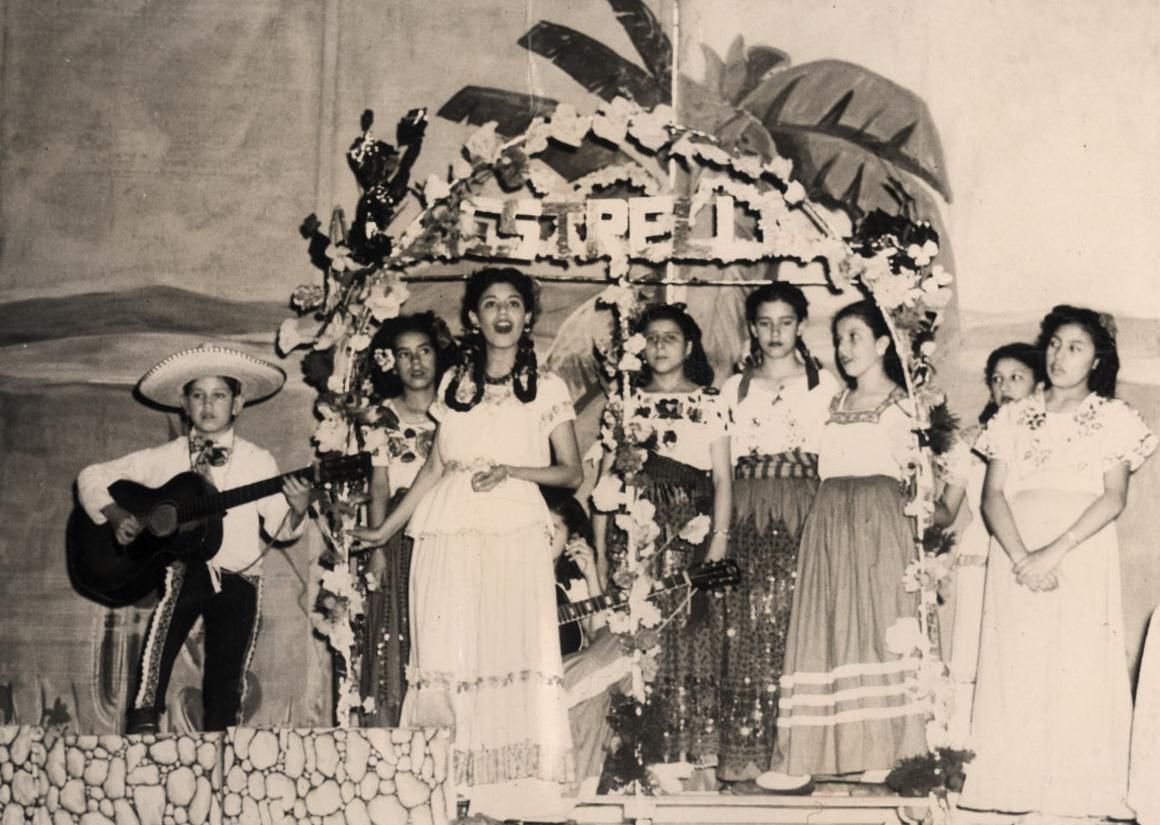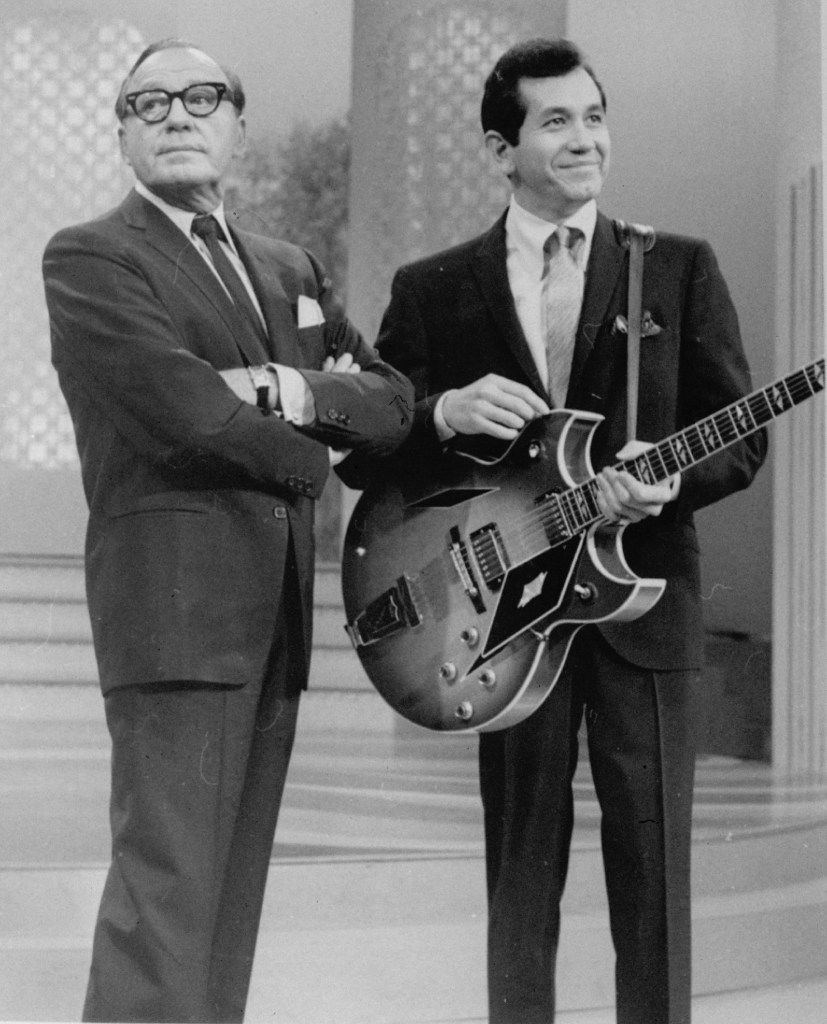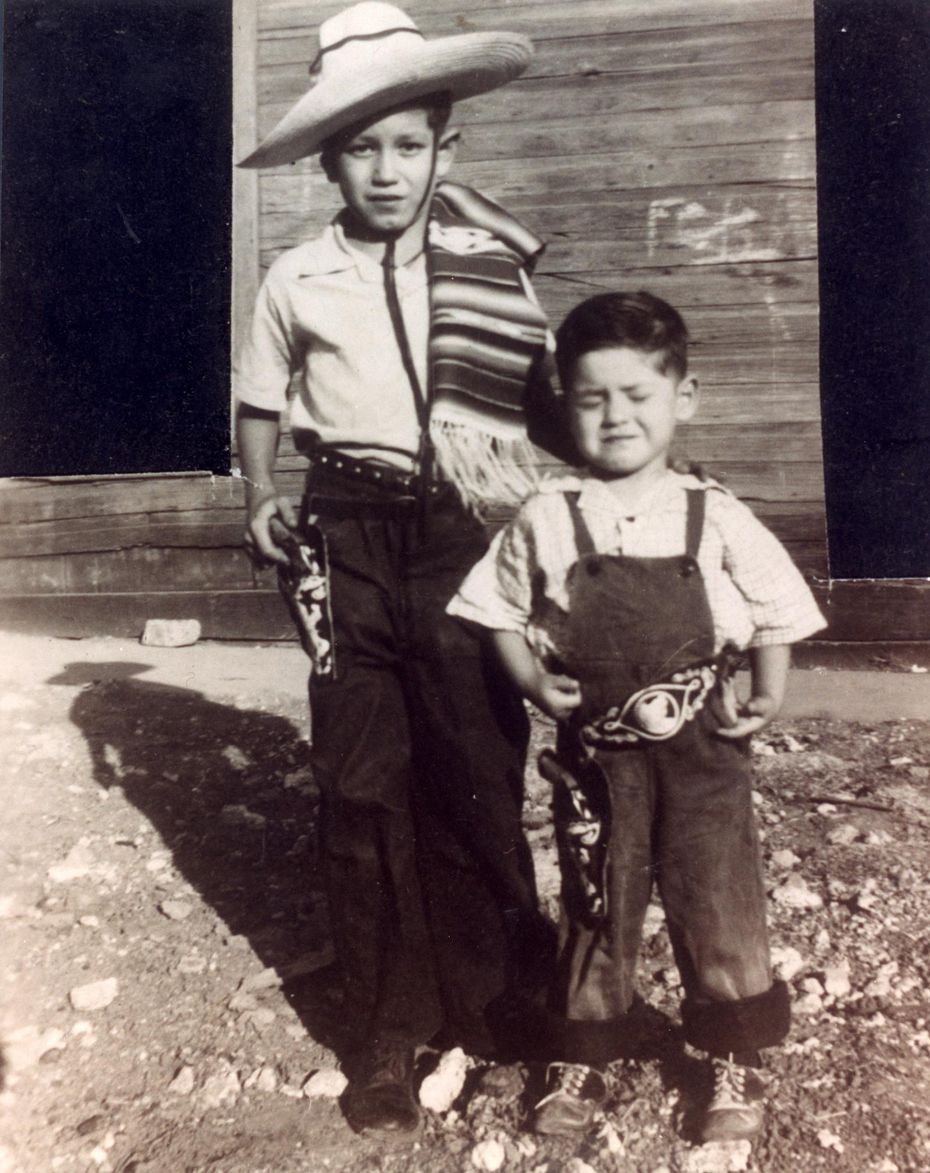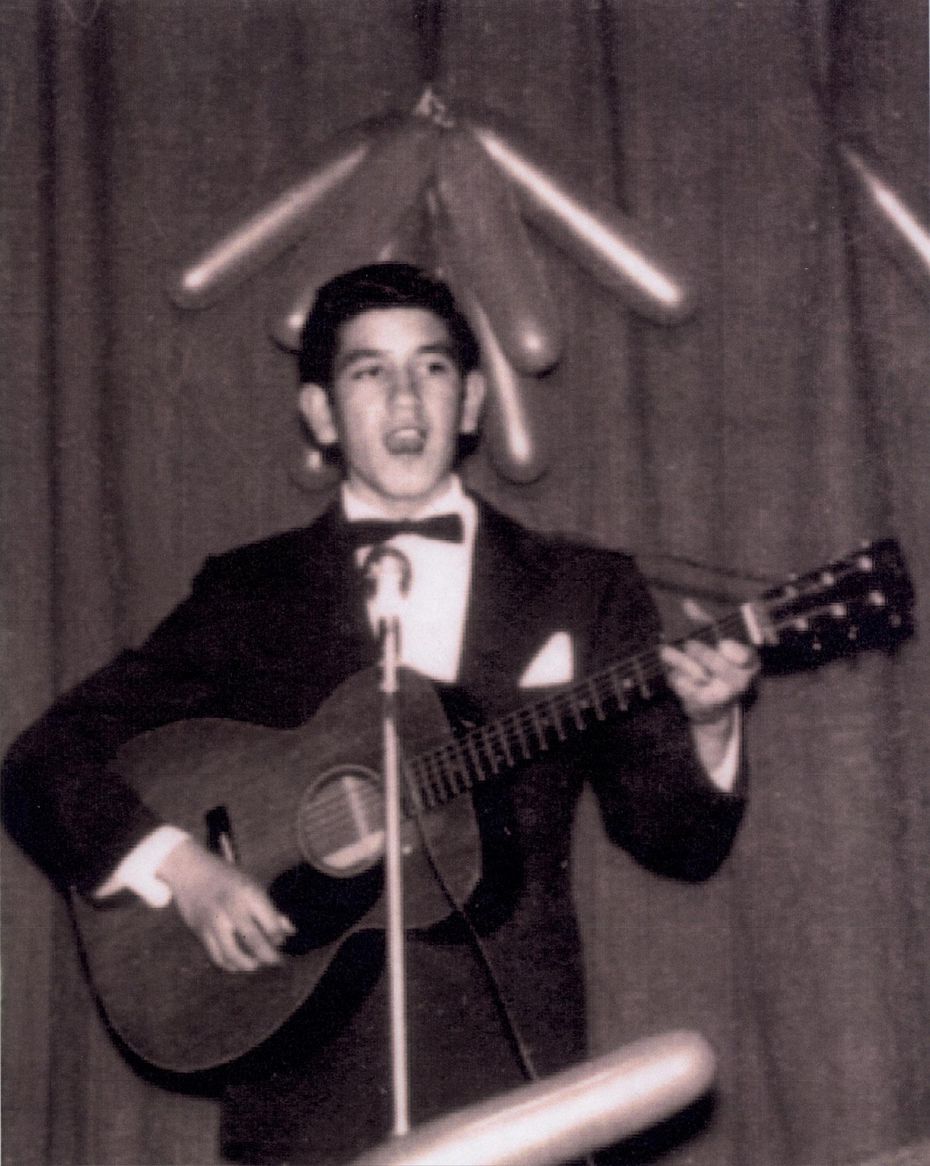Trinidad “Trini” López III, whose hard-scrabble roots in Dallas’ Little Mexico preceded a recording career that spanned more than 80 albums, an appearance on The Ed Sullivan Show and the chart-topping hit “If I Had a Hammer” in 1963, died Tuesday. He was 83.
Palm Springs Life magazine, which published as recently as Monday a story about an upcoming documentary on López’s life, revealed his death in an Instagram post on Tuesday, noting that he had lived in the California desert town since the 1960s.
View this post on Instagram
A post shared by PALM SPRINGS LIFE (@palmspringslifemagazine) on
The Riverside County Coroner confirmed the death Tuesday afternoon, noting that López passed away shortly before 5 a.m. Pacific time. The coroner is not yet listing the cause of death, but López’s nephew, who lives in Dallas, said his uncle had sadly become yet another victim of COVID-19.
Salvador L. Martinez, 64, said his uncle’s death was “totally unexpected,” that he had recently gone into the hospital for a “lower GI” surgical procedure, but at some point, he contracted the coronavirus, which in the end proved fatal.
“We were very close. We’re a very close family,” Martinez said Tuesday. “He was an incredible uncle. He changed all our lives.”
The 1960s were a pivotal decade for the Dallas-born singer, who had 16 hits on “Top 40” radio between 1963 and 1968. The year 1965 marked a seminal moment when he went on The Ed Sullivan Show, which only a year earlier had introduced the Beatles to American television.

In a 2017 interview, López told Cassandra Jaramillo of The Dallas Morning News that music was a gift — and the only thing powerful enough to free him and his family from a life of excruciating poverty.
As the son of Mexican immigrants from Guanajuato, López was born in Dallas on May 15, 1937. He always remembered being poor and what came with being poor — the violence and prejudice that stemmed from a childhood in Little Mexico.
Soon, however, life began to change, after his father bought him a $12 guitar from a pawn shop. It was a luxury item but one that he called “the biggest reward in my life.”
His career began on street corners, but soon, he was so successful, he left North Dallas High School before graduating. He took to the stage in such elite local venues as the Cipango Club and even managed to perform in nightspots where Mexican-Americans were not only not part of the clientele but were simply not welcome in the 1940s and 1950s.
P. David Ebersole and Todd Hughes, who hope to release their documentary, My Name is Lopez, in 2021, told Palm Springs Life that they see the singer’s life story as being vitally important right now.
As Ebersole said, “People don’t really remember that Latinos were treated the same way by the Jim Crow laws. They had to sit in the back of the bus with the blacks. They weren’t allowed to stay in hotel rooms.”
Or, Hughes said, “eat at restaurants.”

“So right as Trini was trying to get his career going in the mid-to-late 1950s, [federal authorities] deported over 2 million Mexicans,” Ebersole said. “Whether or not they had legal status, they just picked them up, rounded them up, and stuck them on buses, planes, and sent them home. Trini triumphed over all of that, and had this incredible life, and became kind of an American icon in his own way. It’s just a great story.”
Despite such instances of racism, López’s talent took him beyond Dallas to places where he got to know — and be mentored by — such talents as Frank Sinatra and fellow Texan Buddy Holly, both of whom put their stamps on the Dallas kid’s career.
When he was only 15, López caught the eye of the Lubbock native, Holly, who recommended him to a record producer. The producer signed Lopez and his band, The Big Beats, to Columbia Records.
But it was more than that. López once gave credit to Holly and Sinatra for helping him stand up for himself, urging him to ignore record company executives who told him that no one would ever pay for an album recorded by an artist with a Mexican surname.
“López has got to go,” one music executive told him.

“I said, ‘I’m sorry to waste your time and thank you for the opportunity, but no,’ ” López told The News in 2017. “I was very particular with my career. You know how many [Latino] artists in America that changed their name? Vikki Carr and Freddy Fender. I insisted on keeping my name López. I’m proud to be a López. I’m proud to be a Mexicano.”
López eventually quit The Big Beats to go solo, albeit without any of the singles he cut making the charts. He moved to Los Angeles to audition as a vocalist for Holly’s band The Crickets but did not land the job. He turned his attention instead to night clubs, where he was discovered by Sinatra, who signed Lopez to his label, Reprise Records. And that was his break.
During the zenith of his career in the 1960s, he even won the attention of Hollywood, landing a part in the 1967 Oscar-winning movie, The Dirty Dozen, as well as a number of other films.
Even so, López said more than once that regret often shadowed an otherwise stunning career. He turned down a three-year movie contract offered by 20th Century Fox. He said no to a movie and television contract offered by Universal Studios. He chose not to appear in a Broadway musical.
Despite such missed opportunities, his sister, Lucy Martinez, was once quoted as saying that her brother was unfailingly generous in sharing his wealth with his parents and siblings. His largesse enabled them to partake in what she called some of the finer things in life, such as nice houses and once-in-a-lifetime vacations. Lucy Martinez said her brother was nothing less than the family’s miracle.

“When he made it, he wanted to give everything back,” she said. “He was so loyal to the family.”
Aside from his signature song, “If I Had a Hammer,” López added to his hit-making repertoire “Lemon Tree,” “I’m Comin’ Home, Cindy,” “Michael,” “Gonna Get Along Without Ya Now” and “The Bramble Bush.” In addition to becoming a household name through singing and acting, Lopez designed two guitars for the Gibson Guitar Corporation, the Trini Lopez Standard and the Lopez Deluxe. He was inducted into the International Latin Music Hall of Fame in 2003.
López is survived by his sister, Lucy Martinez, 90, and his brother, Jesse López, 78, and 15 nephews and nieces. Music executive and friend Joe Chavira told the family on Tuesday that López’s “last interview and recording” will feature the two of them “writing a song and filming” a tribute to the victims of COVID-19. Chavira said it is scheduled to air Saturday on ABC and will be “the last taping of Trini the world will ever see.”